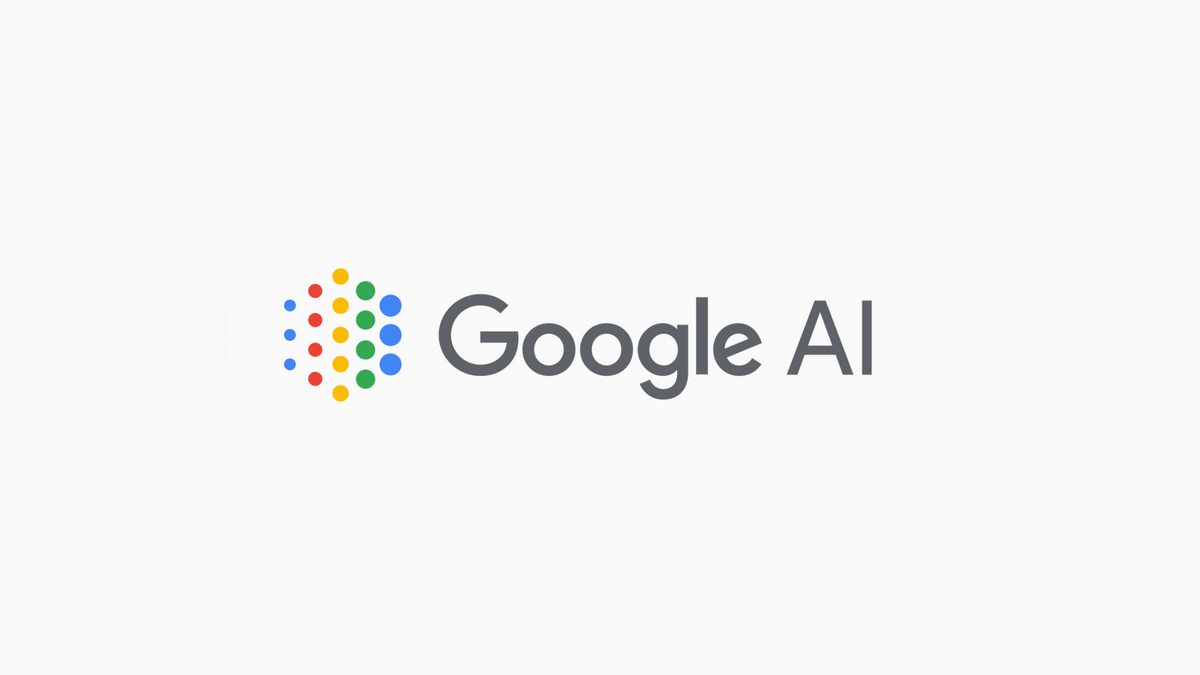Google AI Explained

Google AI is a subdivision of Google that specializes in artificial intelligence.
The mission of Google AI is to “advance artificial intelligence in the service of humanity.” This involves working on projects such as building powerful algorithms, developing new technologies, and ensuring that AI is accessible to everyone.
In 2006, Google acquired a small AI company called DeepMind for an undisclosed amount. At the time, DeepMind was working on a project called DQN, or deep reinforcement learning. This technology would become the foundation of Google’s AI.
DeepMind used DQN to develop AlphaGo, a computer program that could beat world-class human players at the game of Go. This was a breakthrough in AI, as Go is considered much more complex than chess.
After AlphaGo’s success, Google began using its AI technology to improve its products and services. Today, Google’s AI is used in search engines to self-driving cars.
Google AI is a subset of artificial intelligence that focuses on machine learning which is the ability of computers to learn from data and improve performance over time.
Machine learning algorithms enable systems to automatically improve their performance as they collect and analyze more data.
Google AI services include the Google Cloud Platform, TensorFlow, and Google Assistant.
History: How did Google AI come about?
Google AI was born out of a desire to create something smarter than humans. In 2011, Google founders Sergey Brin and Larry Page decided to focus on artificial intelligence (AI) to create something that could think faster and answer better than any human. This decision led to the creation of RankBrain, one of Google’s most successful AI projects.
In the early days of Google, Larry Page and Sergey Brin were working on a project to improve the accuracy of search results. Their project was based on a technology called PageRank, which used links between websites to measure their importance. To improve the accuracy of their search results, Page and Brin needed to find a way to measure the importance of individual web pages.
One of the ways that they did this was by using artificial intelligence (AI) techniques to analyze the text on web pages.
AI is a field of computer science that deals with the design and development of intelligent computer systems. These systems can learn from experience and perform tasks that normally require human intelligence, such as understanding natural language and recognizing objects in images.
Uses: What are some practical applications for Google AI?
Google has been using artificial intelligence for some time now with a lot of success. Some of the practical applications for Google AI include:
- Gmail-Google has used AI to create a spam filter for Gmail that is over 99% accurate.
- AI powers Search-Google’s search engine, and it is constantly learning and getting smarter.
- Photos-Google Photos uses machine learning to organize and categorize your photos automatically.
- Translate-Google Translate uses machine learning to translate text between languages instantly.
- AI powers speech recognition-Google’s speech recognition, and it is constantly getting better and faster.
Challenges: What are some of the challenges facing Google AI development?
Since Google’s inception, the company has been a driving force in artificial intelligence (AI). However, in recent years, Google has faced several challenges in its AI development.
One challenge is the lack of a cohesive strategy.
For example, some teams within Google are focusing on developing general AI while others are working on specific applications such as healthcare or transportation.
A second challenge is competition from other companies such as Amazon and Facebook. These companies have made significant investments in AI and have attracted top talent. Finally, Google is also struggling with public perception. Many people see AI as a threat to jobs and human autonomy.
Future: What is the future of Google AI?
Google’s artificial intelligence is evolving faster than anyone could have anticipated. A few years ago, Google’s AI was little more than a novelty—capable of basic tasks such as recognizing objects in photos or translating text.
But in recent years, Google has made significant advances in AI, to the point where its AI can now carry out complex tasks such as understanding natural language and driving cars.
What is the future of Google’s AI? It’s hard to say for sure, but it seems likely that Google will continue to make significant advances in AI.
One possibility is that Google will develop even better ways to understand natural language, which would allow its AI to communicate more effectively with humans.
Another possibility is that Google will develop new ways to integrate AI into everyday life, such as improving search results or recommending products.
FInal Thought
Google AI is important for many reasons. It can improve our lives in many ways, from making our work more accessible to help us stay healthy.
AI can also help us make better decisions and become more knowledgeable. So we should be grateful for all the benefits that Google AI provides and continue to support its development.